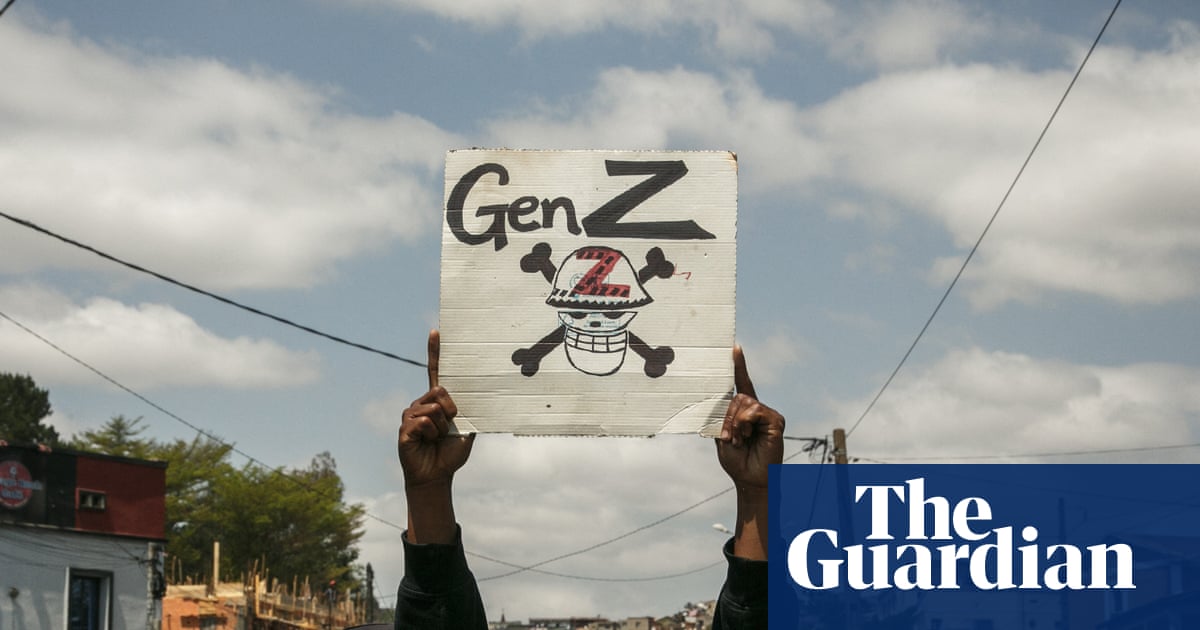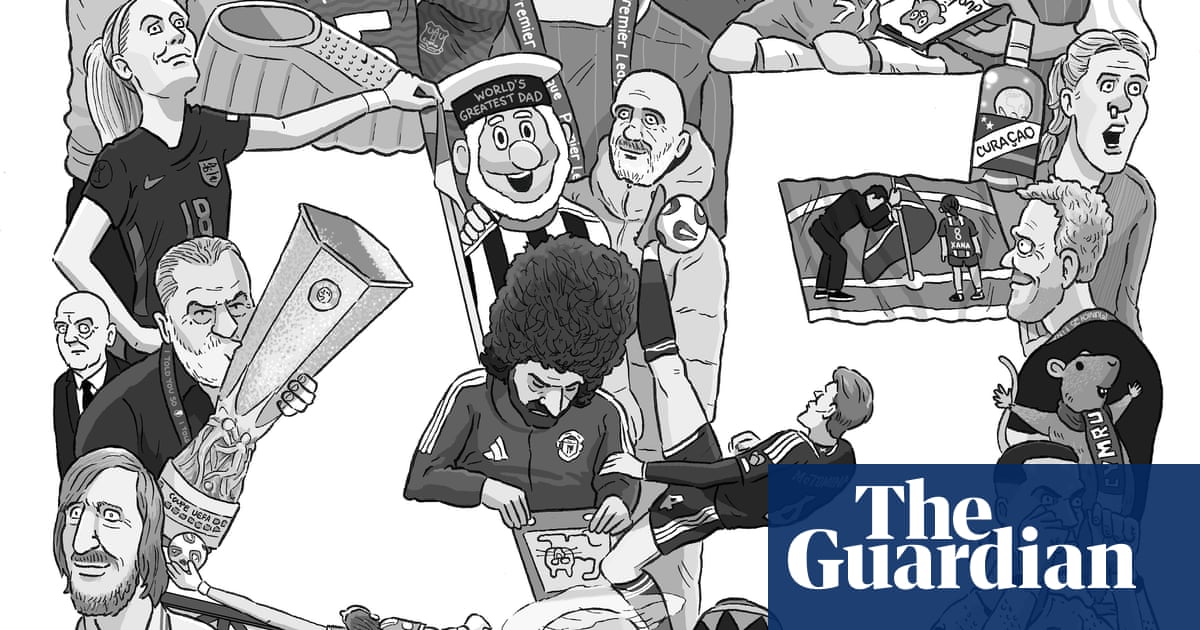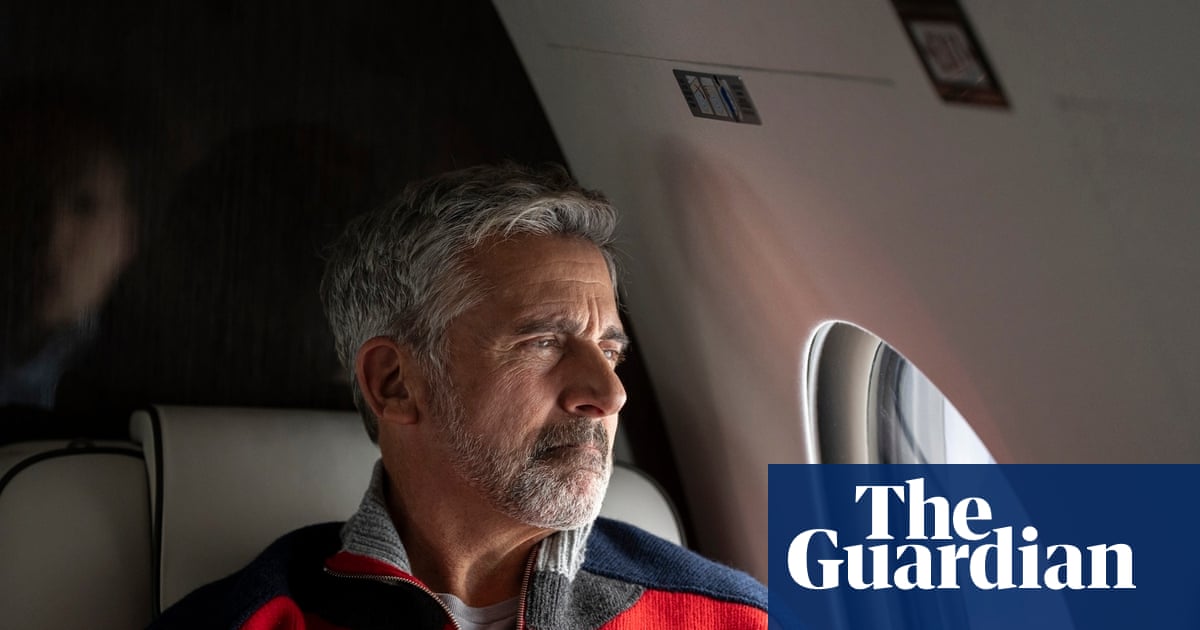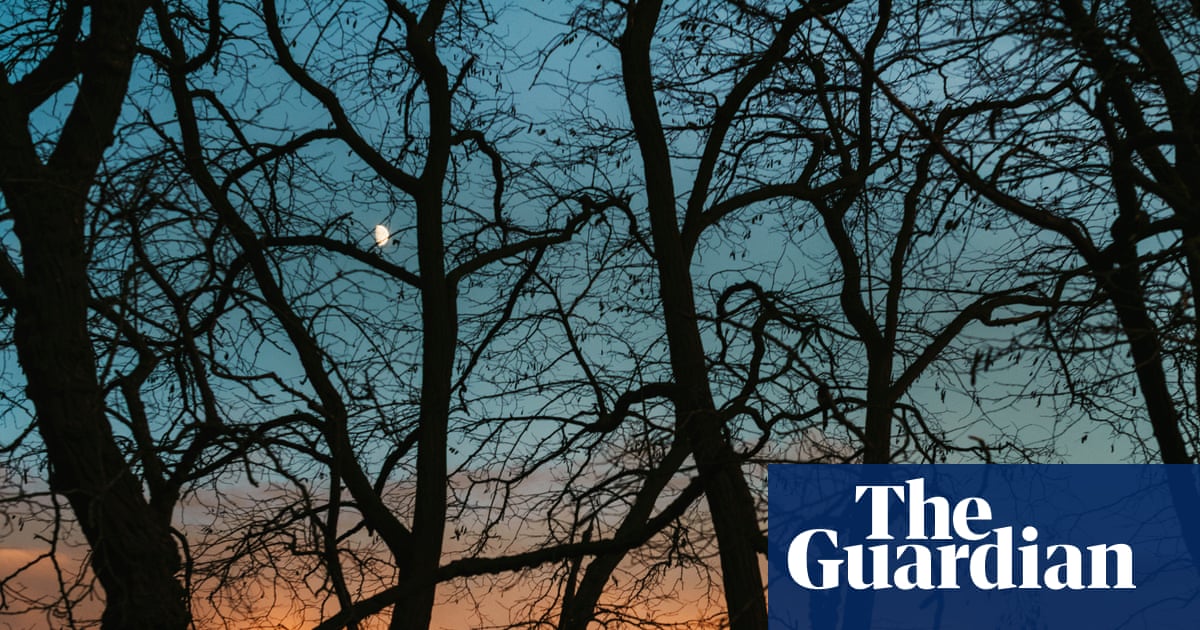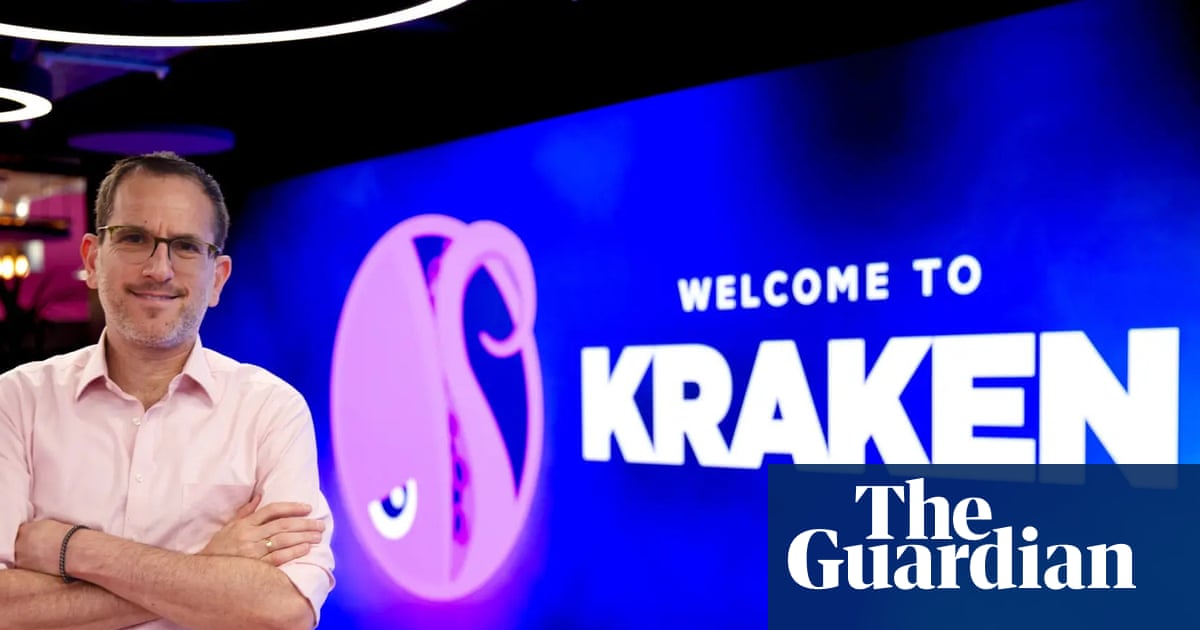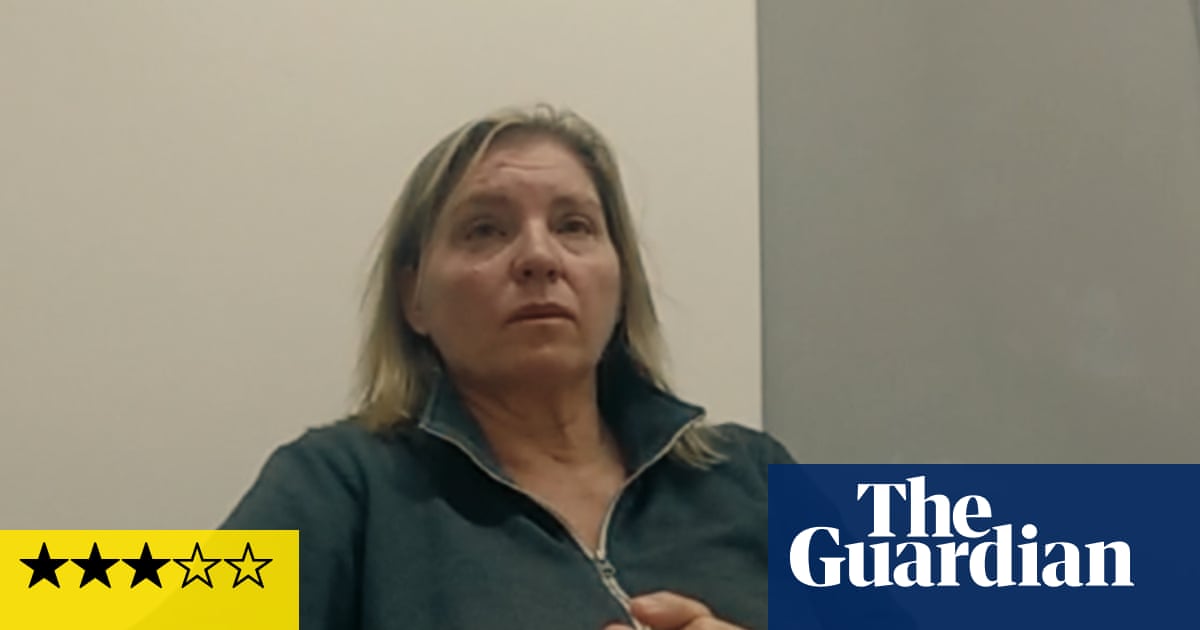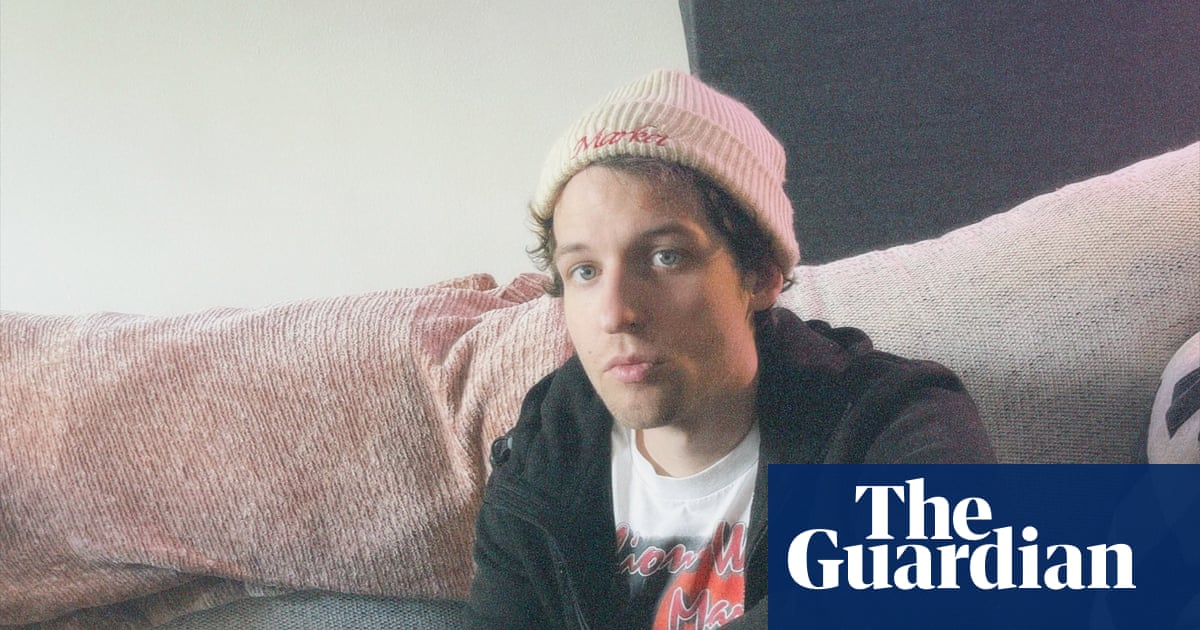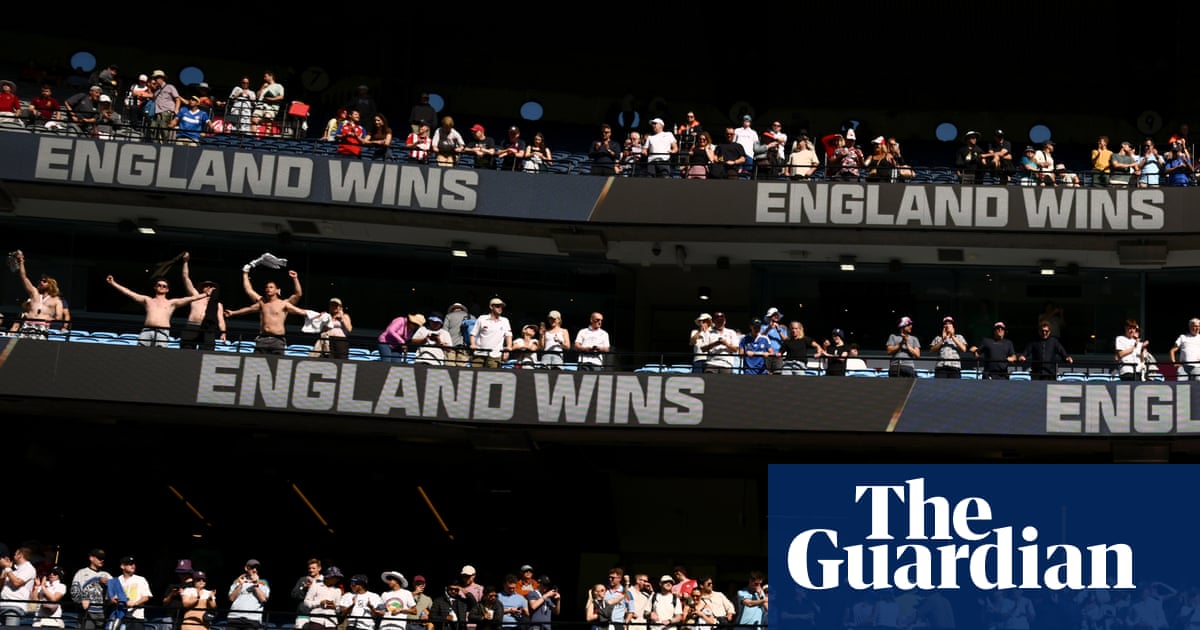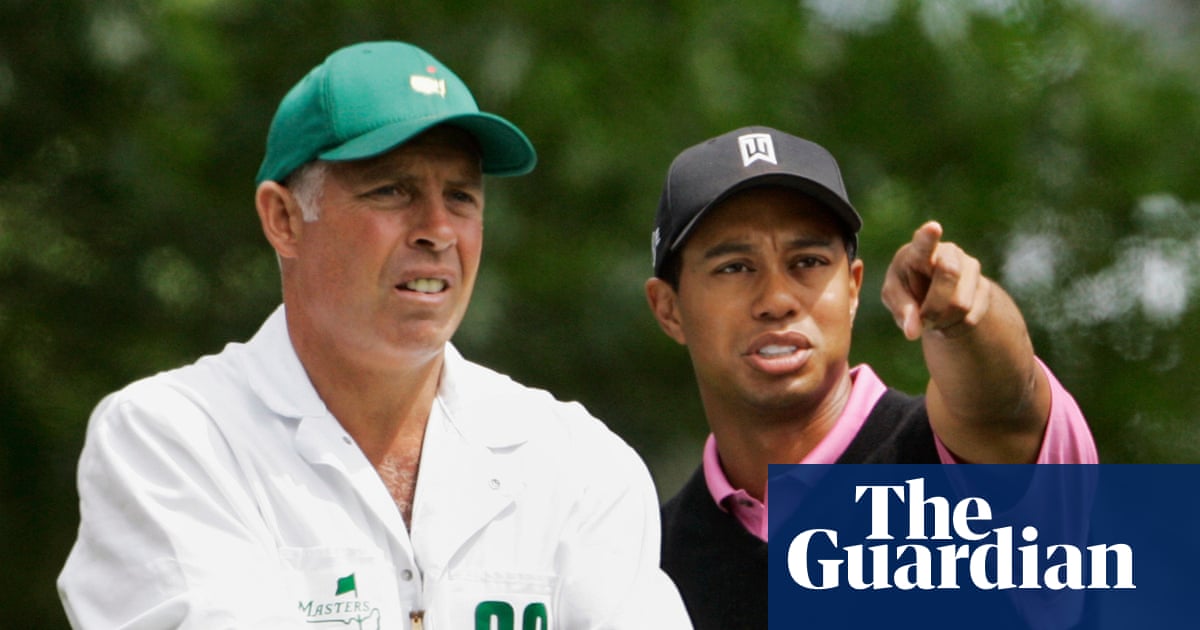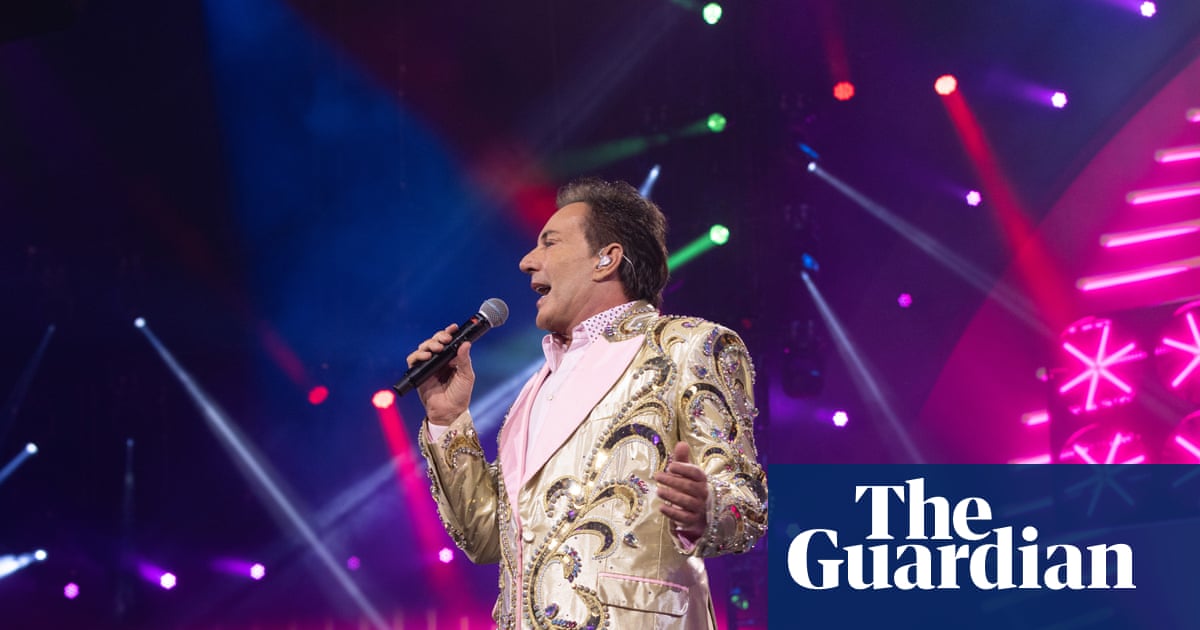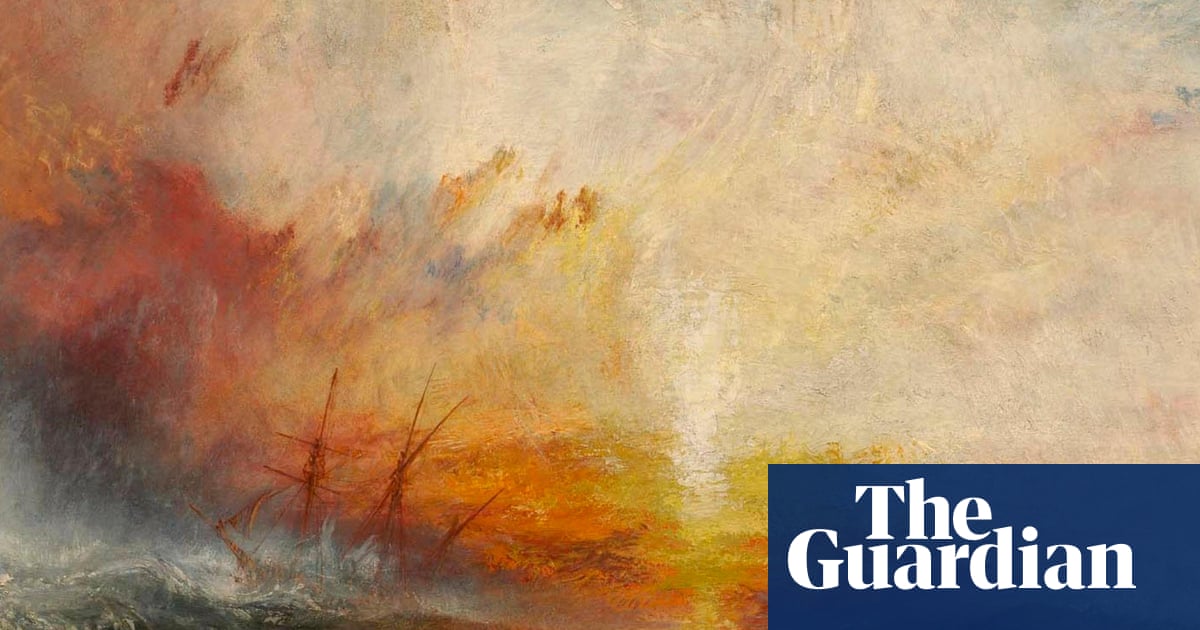On Wednesday Dutch people go to the ballot box … again! This will be the ninth election for the Tweede Kamer (second chamber), the Dutch parliament’s legislative chamber, in this still young century. In some ways the Netherlands has become the Italy of the 21st century, plagued by political fragmentation, governmental instability, and radicalisation (accompanied, increasingly often, by violence).
This election is a direct result of this fragmentation and instability. The far-right Freedom Party (PVV) led by Geert Wilders dominated the last ruling coalition, but still pulled the plug in July, after less than a year. The various lessons that the Dutch media, political parties, and voters have drawn from this tumultuous experience should be relevant beyond the Netherlands, given that most European countries are struggling with a similar challenge: how to deal with the increasing electoral, ideological and political success of the far right.
Like everyone else, the Dutch media was taken by surprise that Wilders let “his government” fall and have tried to make sense of it. Compared to 2002, when an even more chaotic coalition fell after just 12 weeks, there is a lot less debate about whether the far right should have a role in Dutch politics – almost as if it has become impossible to imagine a Dutch future without it.
This is not surprising, as most Dutch media remain a (largely voluntary) hostage of the far right. The man himself barely graces the media with appearances or interviews, yet Wilders has been the most discussed politician on Dutch television. And in his physical absence, the media have given Joost Eerdmans, leader of the radical right JA21 party, disproportionate prominence, while a tactical leadership change in the extreme-right Forum for Democracy (FVD), where Lidewij de Vos has succeeded Thierry Baudet, did exactly what it was intended to do, by returning the party to the spotlight.
Dutch political parties have mostly helped to normalise and rationalise the far right. Some rightwing parties have ruled out future coalition agreements with Wilders and the PVV: not because of Wilders’ anti-constitutional ideology but for his “immature” and “irresponsible” behaviour. In fact, rightwing parties continued to pass far-right policies in parliament after Wilders left the coalition. These included the “strictest asylum policy ever”, a (stricter) burqa ban and even an “antifa ban” – strikingly, the latter a proposal of the FVD, the only far-right party that is supposed to be excluded from power by a cordon sanitaire (fire wall), at least nationally.
Even “centrist” politicians continue to normalise the far right. Rob Jetten has moved his socially liberal D66 party to the right on issues such as culture and immigration, embracing a kind of communitarian patriotism, and does not rule out governing with the radical right JA21 or the radicalised farmers’ party, BBB. Frans Timmermans, leader of the centre-left GreenLeft/Labour (GL/PvdA), has sharpened the party’s immigration policies, spoken of a “refugee problem”, and appeared on the far right’s favourite TV programme, Vandaag Inside – ironically, to the chagrin of many of the programme’s loyal viewers.
But as always, voters still seem to prefer the original to the growing number of far-right copycats. Although Wilders’ PVV has lost some support, roughly 4% down on the last election result, it is clearly the most popular party in the country.
Most volatility comes from the implosion of two of the newer parties, the BBB and Pieter Omtzigt’s New Social Contract (NSC), which were in the outgoing coalition but now poll at 2.5% and 0%, respectively. Their voters seem to have gone (or returned) mostly to the Christian Democrats (CDA), which is slated to be the big winner. The conservative VVD, the former party of ex-prime minister Mark Rutte which has dominated Dutch politics this century, is expected to lose about a third of its already diminished 2023 electorate, mostly to the radical-right JA21.
The left, unable to break the far right’s stranglehold on the media (particularly the chatshows), remains rather marginal and stagnant – despite the recent merger of the Greens and Labour into GL/PvdA.
Interestingly, polls show that the main movement is within the three electoral blocs, ie the far right, the centre-right, and the left. Each bloc maintains largely the same support – 35%, 40%, and 25% respectively – but within the far-right bloc, JA21 becomes the second biggest (after PVV), while in the centre-right bloc CDA, and possibly D66, overtake the VVD.
Of course, opinion polls can be wrong, and increasingly in the Netherlands they are wrong, as more and more people wait until election day to make up their minds. Still, there is no doubt that the coalition formation process will be hard and long, even by Dutch standards.
Almost all parties have excluded Wilders, but some (such as the VVD) have also ruled out doing deals with the centre-left. So, even if the GL/PvdA became the biggest “democratic” party, Timmermans would still need a change of heart from the VVD to become prime minister at the head of a broad centre-right coalition. Alternatively, the Christian Democrat leader Henri Bontebal could lead a centre-right government which involved less personal friction but would still be vulnerable to instability.
Whatever the eventual outcome, one thing is already clear: despite the far right’s evident failure in governing the Netherlands, it retains a magnetic hold over the country. Party politics remains fragmented yet dominated by the mainstreaming and normalisation of far-right frames and politicians. Liberal democratic parties devote more energy to fighting each other than the far right. As far as a cordon sanitaire holds, it does not extend to all far-right parties (like JA21) and rejects its behaviour rather than its ideology. These are trends that we see both in the European parliament and in many other European countries.
after newsletter promotion
-
Cas Mudde is the Stanley Wade Shelton UGAF professor of international affairs at the University of Georgia, and author of The Far Right Today

 2 months ago
58
2 months ago
58
